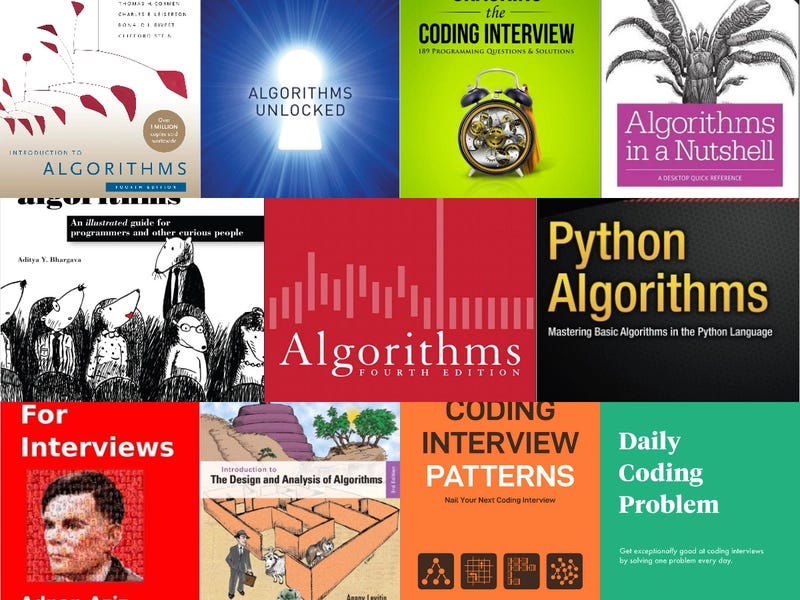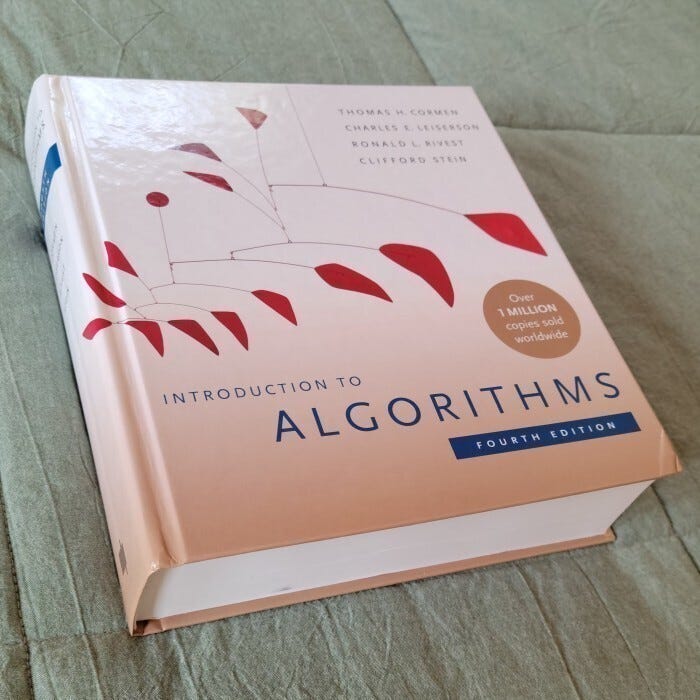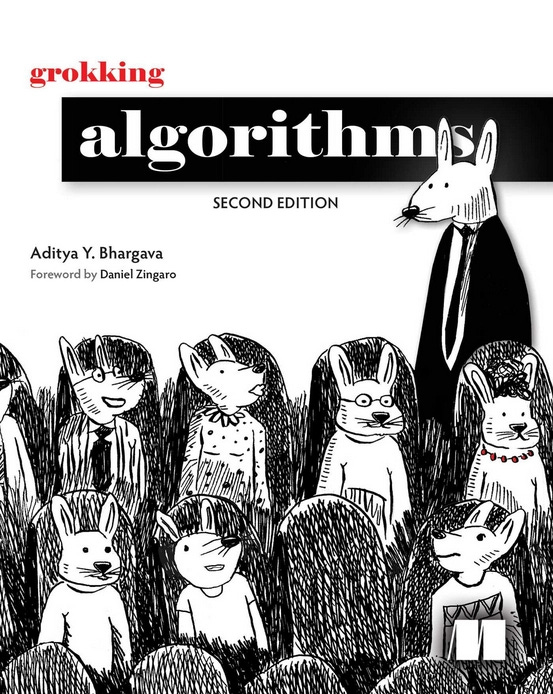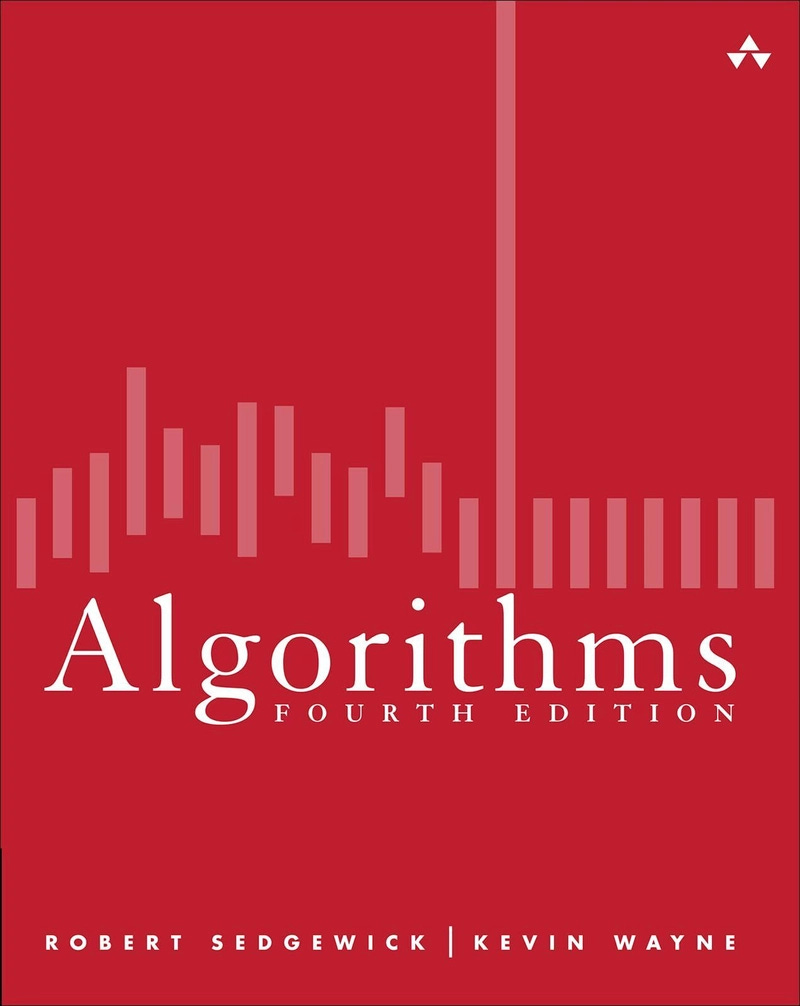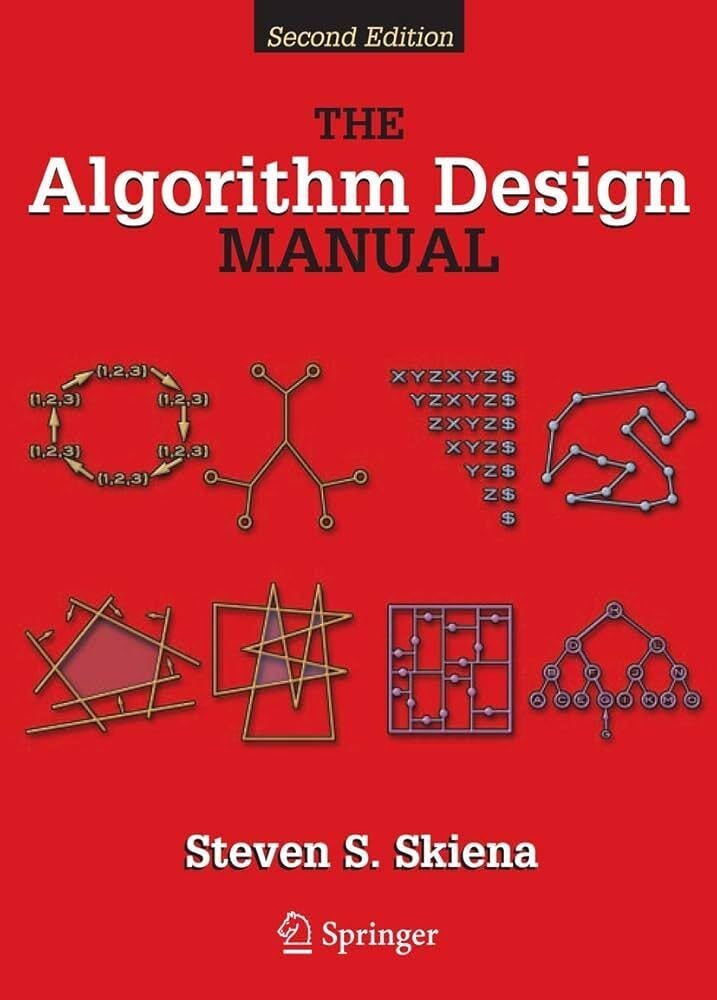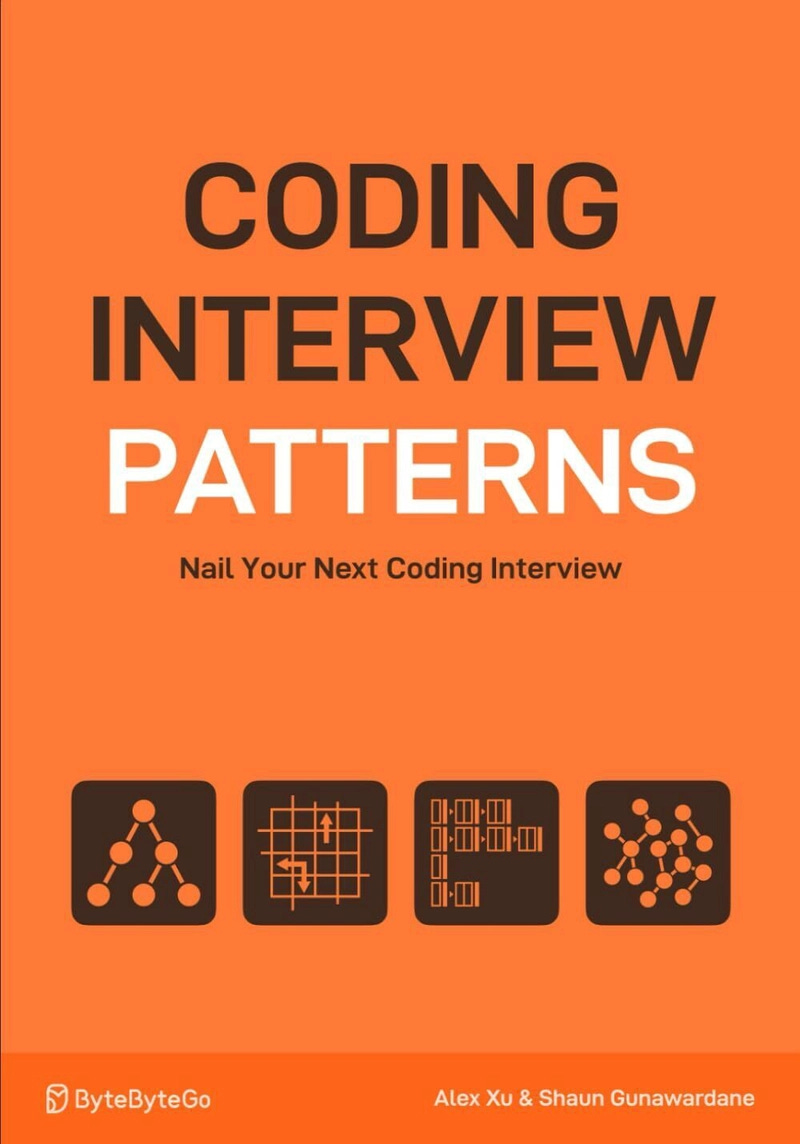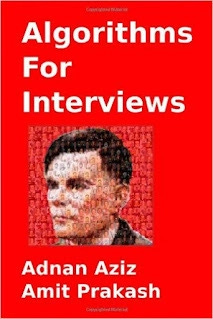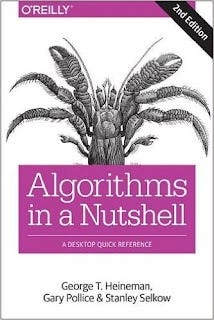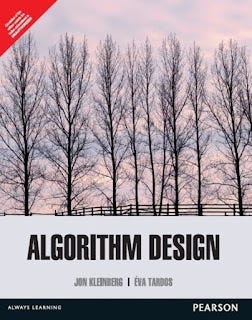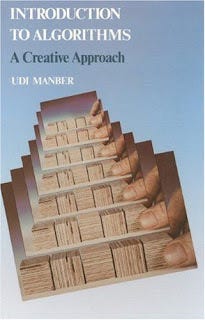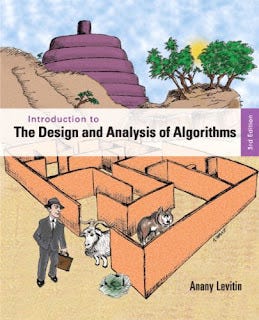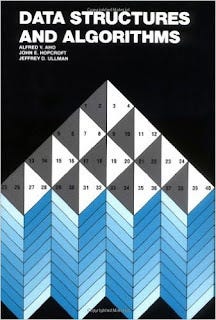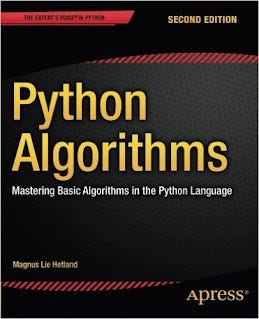12 DSA Books You Can Read to Master Data Structures and Algorithms
From Theory to Practice: The Algorithm Books That Actually Teach You to Think
Hello folks, it’s well known that Algorithms are language agnostic, and any programmer worth their salt should be able to convert them to code in their programming language of choice.
Unfortunately, I have come across several programmers who are REALLY good at programming languages like Java or Python, but few know minor details of API and language intricacies, and have very poor knowledge of the fundamentals of Algorithms and Data Structures.
Just ask them to implement any popular sorting algorithms like quicksort or merge sort, and they will fall apart.
If you expect them to know more advanced and sophisticated algorithms like String processing algorithms, graph algorithms, tree traversal, or greedy algorithms, be ready to check on Interviews; otherwise, you might end up with some surprises.
Once, I came across a perfect candidate for a core Java senior developer role. He was excellent in Java and multi-threading, but his data structure and algorithm skills were lacking for his experience and caliber.
When I asked him why he didn't spend time brushing up on his algorithm and problem-solving skills before coming to the interview?
His excuse was, "Those algorithms are just for meetings and never really used in practical coding. I have never used them in my 6-year Java development career. "
He was somewhat right; you don't need to implement a hash table in Java; you can always use the HashMap class or Dictionary in Python for that sense, but he failed to recognize the more long-term improvement algorithm and data structure to improve programming skills.
Algorithms are tools for developing programming skills and coding sense, which is required to convert a user requirement into a line of code, also known as a computer program.
They are also all around. If you use Facebook, have you ever thought about how they find your friends so quickly? Or how does Netflix recommend the movie you want to watch?
Those are just a couple of examples of Machine Learning Algorithms, which are taking Algorithms to another level.
12 Data Structures and Algorithm Books - Must Read for Developers
Another gold tip to those who think that Algorithms are Data Structures is for those who want to work in Amazon, Google, Facebook, Intel, or Microsoft; remember it is the only skill that is timeless, of course, apart from UNIX, SQL, and C.
Programming languages come and go, but the core of programming, which is algorithms and data structures, remains the same.
If you know how a hash table works, then you can use its implementation in any programming language, like HashMap from JDK, Dictionary in Python, or HashMap from the C++ boost library.
So, if you are serious about programming and realizing now that algorithms and data structures are not optional, here are some of the great books to learn algorithms.
Some of you might have already read them before, but they are worth reading again.
1. Introduction to Algorithms, 4th Edition by Thomas H. Cormen
This is one of the most popular algorithm books, but be aware that it contains a heavy dose of theory.
The current edition of this book is the 4th Edition, and I strongly suggest that every programmer should have this on their bookshelf, but only for short reading and references.
This book, also commonly referred to as CLRS (named after its authors Cormen, Leiserson, Rivest, and Stein), is a seminal textbook in the field of computer science.
Now in its fourth edition, this comprehensive and authoritative resource provides an in-depth exploration of fundamental algorithms and data structures.
This book is also the gold standard in data structure and algorithms, but it's not possible to finish this book in one sitting, and some of you may find it difficult to read as well.
In that case, you can combine your learning with an online course like Data Structures and Algorithms: Deep Dive Using Java, along with this book.
This is like the best of both worlds: you learn basic Algorithms quickly in an online course, and then you further cement that knowledge by going through the book, which makes more sense to you now that you have gone through a class already.
Another reason I recommend this book as one of the first books on algorithms is its language-agnostic nature and accompanying lectures here
2. Grokking Algorithms 2nd Edition by Aditya Bhargava
This is one of the best books to learn about Algorithms in Python. When I got bored with reading the Algorithms and Introduction to Algorithms book, I started reading this book, and it was quite refreshing.
Starting with the size of the book, this one is quite lean and clean compared to other algorithms books, which encouraged me to read.
Then I hooked into Aditya's diagram and explanation and real-world examples, which I can relate to, like how Facebook will find my profile when I log in.
Their chapter on Dynamic Programming and the Knapsack problem is another gem, as before that, I never really understood dynamic programming, but this book makes using Dynamic programming really easy, just like an extension of recursion and the divide and conquer approach.
All these things make this book an essential book on Algorithms, particularly for Python developers. In fact, one of the best Algorithms books on Python.
But if you ask, this is one of the most readable books on a complex topic like data structure, algorithms, and dynamic programming. I highly recommend it and other books from Aditya Bhargava.
By the way, if you also struggle with Dynamic programming like me, you can also check the Grokking Dynamic Programming Patterns for Coding Interview course on DesignGurus.io. This was another resource I used a lot while preparing for Dynamic programming questions for coding interviews. It's also part of their all-course bundle, which I mentioned before.
3. Algorithms by Robert Sedgewick & Kevin Wayne
This was my preferred resource on algorithms for a long time; it still is, but now I see it less often than before. You will learn lots of background on the algorithm, and nowadays, even specific versions of this book are available for different programming languages like Java and C++.
There are also a couple of free Coursera online courses for this book, Algorithms Part 1 and Algorithms Part 2, which nicely complement this book. It's excellent. It's also my top recommendation to Java programmers for learning algorithms.
Believe it or not, but if you already know a programming language, then seeing an example of an algorithm in that programming language rather than others also reduces the learning curve.
You can also read the 4th Edition of this book online for free here.
4. The Algorithm Design Manual, 3rd Edition by Steve S. Skiena
This is another excellent book on computer algorithms that go over a ton of algorithms with a lot of code as well.
What I especially liked about the book is where he actually gives examples of where he used the algorithms (or variations thereof) in practice; it really helps you see the class of problems that a particular algorithm (or family of algorithms) can be used for.
The code is in C, but it's not very esoteric, and it's easy to follow. I had also been out of school for a while, and this helped me get up to speed quite quickly on several graph algorithms.
I've had this for almost 10 years now and still look at it from time to time.
One notable feature of this book is the inclusion of "war stories"** that provide real-world insights into algorithm design and problem-solving.
The book is often praised for its practicality, emphasizing the importance of intuition and problem-solving skills in addition to formal algorithmic analysis.
It is also widely used in academic settings and serves as a valuable resource for anyone seeking a deeper understanding of algorithmic principles and their practical applications.
5. Coding Interview Patterns: Nail Your Next Coding Interview
This is one of the newest books I have read on Data structures and algorithms. I read this book during the holiday period and really loved it.
This book is created by Alex Xu, creator of ByteByteGo and author of the famous System Design Interview --- Insider Guide, in collaboration with Shaun Gunawardane.
This book will teach you coding patterns like two pointers, sliding window, fast and slow pointers, which you can use to solve 100s of Leetcode problems. In fact, I highly recommend that you join ByteByteGo now, as they are offering a 50% discount on their annual and lifetime plans.
In short, "Coding Interview Patterns" is a great book to start your coding interview pattern and master key patterns needed to ace your next coding interview.
Here is the link to get this book: Coding Interview Patterns: Nail Your Next Coding Interview
While the idea of coding interview patterns is not new and I already know them, having gone through courses like Grokking the Coding Patterns from DesignGurus.io, this book brings them together with more real-world examples than you will find elsewhere.
There are 101 real coding interview problems with detailed solutions and, most importantly, 1000+ diagrams which make learning really easy. Just because of those diagrams, the value of the book increased multi-fold.
6. Algorithm for Interviews
Algorithm for Interview by Adnan Aziz is a must-read book on algorithms, written in terms of keeping programming interviews in mind.
The cover itself shows how unusual the book could be if you look at the image carefully on the cover, which is drawn with thumbnails of famous people, and the book explains how you can develop such algorithms. Interesting, isn't it?
Well, I like this book because of its approach and objective; sometimes learning the same thing with different objects helps to understand it better.
You can also combine this book with the Grokking the Coding Interview: Patterns for Coding Questions, an excellent interactive course from DesignGurus.io, to learn essential coding patterns like sliding window, merge interval, fast and slow pointers, etc, that can be used to solve 100+ Leetcode problems.
And, if you like these Grokking interview courses from DesignGuru, you can get all of them for a big discount by purchasing their All course bundle. This bundle includes their most popular Grokking courses. You can also use the discount code GURU to get a 30% discount.
7. Algorithm in Nutshell
O'Reilly's Algorithms, in a Nutshell, is an excellent book to learn programming algorithms, especially for Java programmers.
It describes the algorithms with a focus on implementing them, and without the heavy mathematics used in classic books on algorithms.
All algorithms are presented in pattern form, with a motivation to use them, pictures, and pseudo-code giving a high-level overview, and working code (in C, C++, Java, and Ruby).
They also have benchmarks to provide proof of the theoretical performance of the algorithms. In short, one of the best books to learn algorithms for programmers.
8. Algorithm Design by Kleinberg & Tardos
This is actually the second-best book in Algorithms after Thomas Cormen's Introduction to Algorithms.
It's not really an introduction to algorithms and is more suited to experienced programmers.
It's more about algorithm design for developers familiar with the basic algorithms.
You should start with the Introduction to Algorithm book or Algorithms by Robert Sedgewick, and then continue with this book.
9. Introduction to Algorithms: A Creative Approach*
Introduction to Algorithms: A Creative Approach by Udi Manber is another excellent book for self-study, as it is full of hundreds of problems and examples.
This book is designed to enhance the reader's problem-solving abilities and understanding of the principles behind algorithm design, which will help you to develop your problem-solving and Coding skills.
10. The Design and Analysis of Algorithms
This is another great book on computer algorithms and deserves a place on a programmer's shelf.
Once you've gone through the Coursera class on Algorithms and one of the intro books, you can read this book to study advanced topics in algorithms.
11. Data Structures and Algorithms. Aho, Ullman & Hopcroft [Bonus 1)
Another good intro book on algorithms and data structures. A lovely and bright book, and any programmer who doesn't like the heavy use of Mathematics in the algorithm will appreciate this book.
Btw, if you find this book challenging to read, which is what some of my readers complain about, then you can also take a look at the Grokking Algorithms by Aditya Bhargava, one of the easiest and exciting books on Algorithms for beginners.
12. Python Algorithms: Mastering Basic Algorithms in the Python Language (Bonus 2)
This book is designed for Python programmers. Magnus Lie Hetland is also the author of one of the popular introductory Python books, Beginning Python.
As I have told you, algorithms are language-independent; learning Python algorithms doesn't mean you cannot implement them in Java or C++, but if you already know Python, then this is an excellent book to learn computer algorithms.
This book also gives a lot of focus on Graph Algorithms, which are very useful in solving real-world problems.
That's all about 12 Algorithm books every programmer should read. I agree that algorithms are a complex topic, and it's not easy to understand them in one reading; in that case, I suggest reading the same book twice.
Also, just reading is not enough; try to implement them in a programming language you love. It doesn't hurt to write your own ArrayList, HashMap, or a tree-based Map implementation.
The effect of learning Algorithms is not immediately visible, but you will notice a subtle improvement in your thinking, solution building, and code quality over time.
Btw, if you are interested in an online course on algorithms, I suggest you check out Data Structures and Algorithms: Deep Dive Using Java on Udemy. It's not a free course, but you can buy it for just under $10 on several of Udemy flash sales, which happen every few days.
At last, there are two types of programmers: one who understands the algorithm and one who doesn't.
Remember, each of these books represents a treasure trove of knowledge that can transform your approach to software engineering. So pick one today and start your journey toward mastery!
P.S. — If you just want to do one thing at this moment, join ByteByteGo and start learning Coding patterns and System Design Concepts, and practice coding interviews, you will thank me later. It’s one of the most comprehensive resources for coding interviews now.


